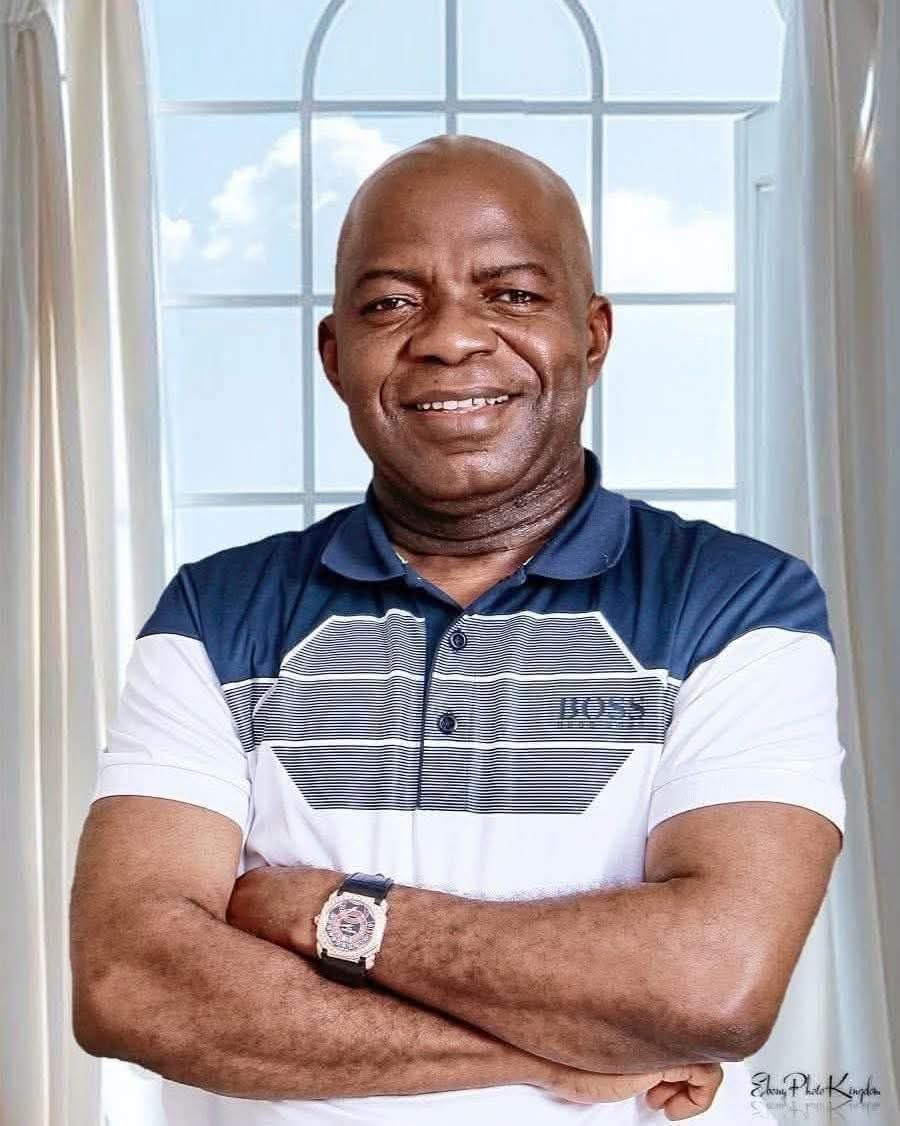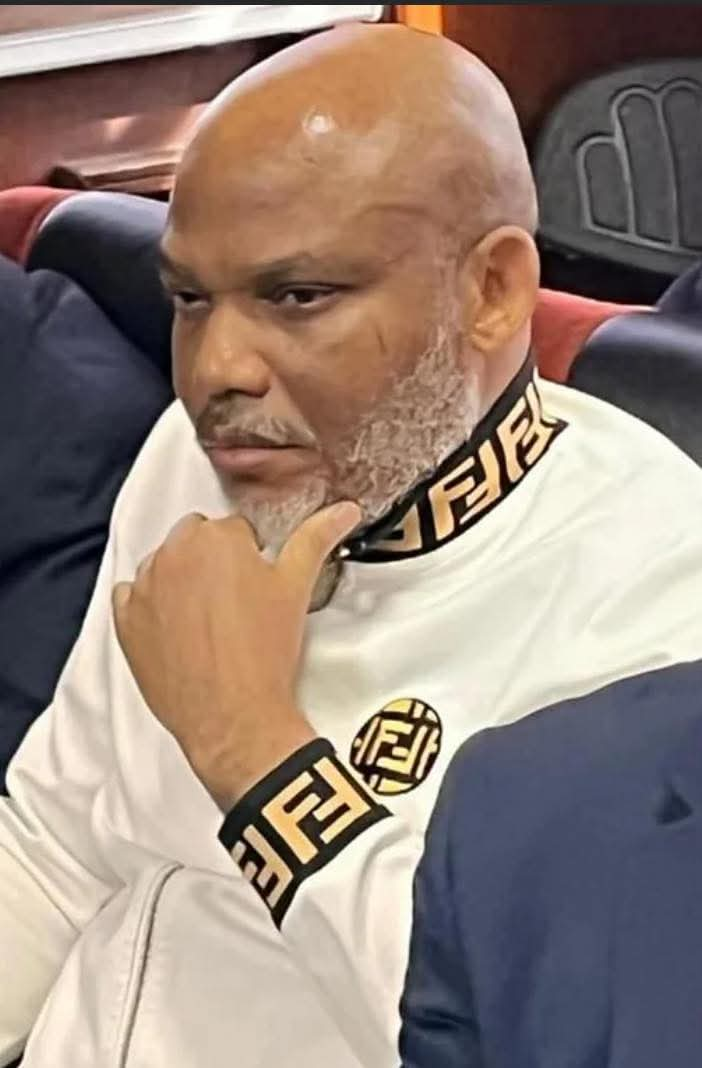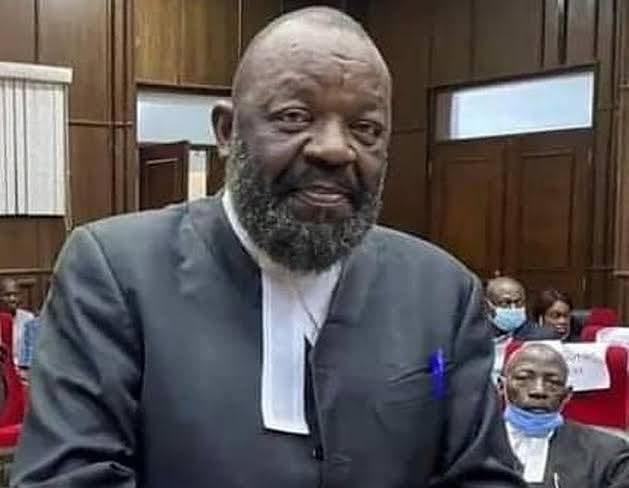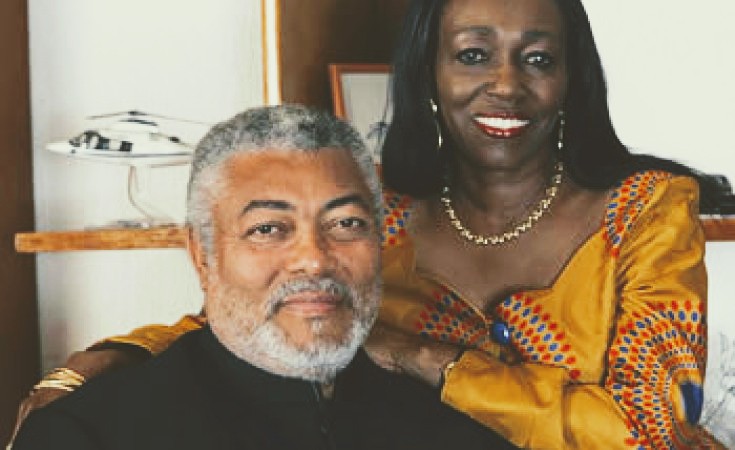By Swill Mavua
The sudden resignation of Abdullahi Ganduje as the Chairman of the All Progressives Congress (APC) has sent shockwaves through the party, sparking intense speculation about the underlying reasons and the potential implications for the party’s future. Sources close to the matter suggest that Ganduje’s exit was orchestrated by President Bola Tinubu, as part of a larger strategy to bring former Kano State Governor Rabiu Kwankwaso into the APC fold.
Ganduje’s resignation is attributed to a complex web of political calculations ahead of the 2027 general elections. Tinubu’s efforts to woo Kwankwaso back to the APC are said to have hinged on Ganduje’s exit, as Kwankwaso reportedly demanded Ganduje’s removal as a condition for joining the party. This move is seen as crucial for securing northern votes in the next presidential election, and Tinubu is reportedly willing to make significant concessions to achieve this goal.
What this means is, in the power game – just as it is in the espionage world – anybody is expendable. And so, Ganduje became an expandable asset within the APC. Tinubu’s involvement in Ganduje’s resignation is evident, with sources suggesting that the President personally orchestrated the handover. This move is part of a larger strategy to consolidate power within the party and position the APC for success in the 2027 elections. By bringing Kwankwaso into the fold, Tinubu hopes to strengthen the party’s presence in the north and secure crucial votes.
The APC is experiencing internal power shifts, with Ganduje’s resignation sparking speculation about a broader realignment within the party. The 23 APC governors have backed Tinubu’s reforms, describing Ganduje’s resignation as part of the party’s evolution. Evolution indeed! However, this move may create a power vacuum within the party, potentially destabilizing the APC’s internal dynamics.
Ganduje’s future plans are uncertain, but his resignation may signal a shift in his political trajectory. Kwankwaso’s potential defection to APC could significantly impact the party’s dynamics, especially in the north. This move could bolster the party’s northern support, but it may also create new challenges and power struggles within the party.
The implications of Ganduje’s resignation and Kwankwaso’s potential defection are far-reaching. The APC’s internal dynamics may be significantly altered, potentially creating new power centres and alliances within the party. The internal dynamics are already being altered in the states of Delta and Akwa Ibom, and, no sooner, it will Kano state, should Kwankwaso join. The 2027 elections will be a crucial test for the APC, and the party’s ability to navigate its internal challenges will be critical to its success.
For Ganduje, there will be one question that comes with his resignation: What relevance will he still have in his home base of Kano, with Kwankwaso joining the APC? His resignation is a significant development in the APC’s internal politics, with far-reaching implications for the party’s future. Tinubu’s involvement in the resignation highlights the President’s strategic calculations ahead of the 2027 elections. As the APC navigates its internal challenges, the party’s ability to adapt and evolve will be critical to its success.














Leave a Reply